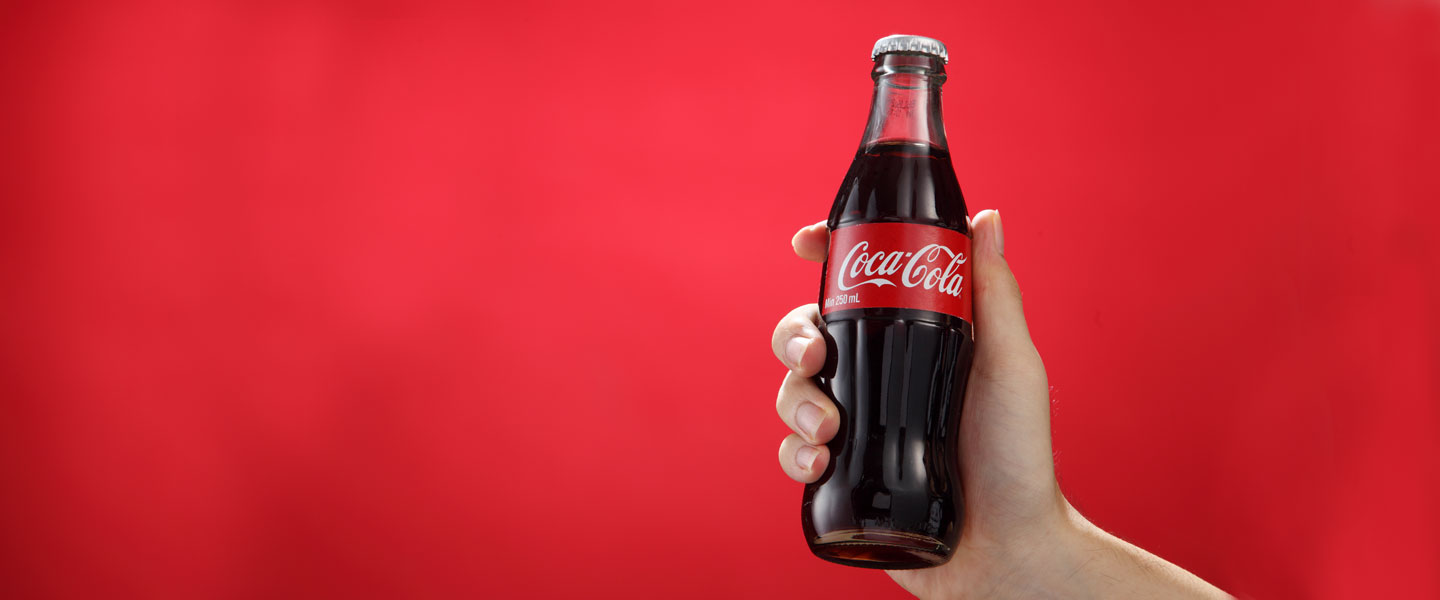
RESEARCH TECHNIQUES MATTER!
HOW COCA-COLA LEARNED THIS LESSON THE HARD WAY
In 1985, Coca-Cola brought “New Coke” to the market.
It was a reformulation of the blockbuster product’s taste, making it sweeter, more like Pepsi, which had been gaining market share.
The new taste had been extensively tested using consumer research—specifically “blind taste tests” in which subjects were asked to taste two generically labeled product samples and indicate which one they preferred.
One sample was the existing Coke product and the other one was the “New Coke” formula, though the subjects weren’t told that.
Subjects overwhelmingly indicated they preferred the “New Coke” formula and the researchers concluded New Coke would be a hit.
When the product was launched, the exact opposite occurred.
There was such backlash that the company had to bring back the original flavor as “Classic” Coke and eventually discontinue the new formulation altogether. This was a very expensive mistake considering they had spent millions of dollars to launch and market their new product.
WHAT WENT WRONG?
There are two morals to this story.
The first is that no research is perfect.
The second, however, is that the research techniques that are used matter a great deal.

Coke had customers do blind taste tests, determined that they liked the taste compared to the original, and concluded that they therefore would buy it.
But consumers are notoriously bad about predicting their own future behaviors.
It turned out that taste wasn’t the only factor that influenced what product consumers would buy.
To them, “their” Coke had a heritage and messing with the formula went against their brand loyalty.
Customers engage in behaviors because of their thoughts and feelings.
The idea of “New Coke” clearly did not inspire the thoughts and feelings which led to Coke Original’s superior market performance.
Industry pundits would later describe it as the consumer research blunder that almost ruined Coca-Cola.
Had different techniques been used rather than blind taste tests, or at least had a greater range of techniques been applied, it would have likely generated insights that would have helped the beverage giant avoid the New Coke debacle.